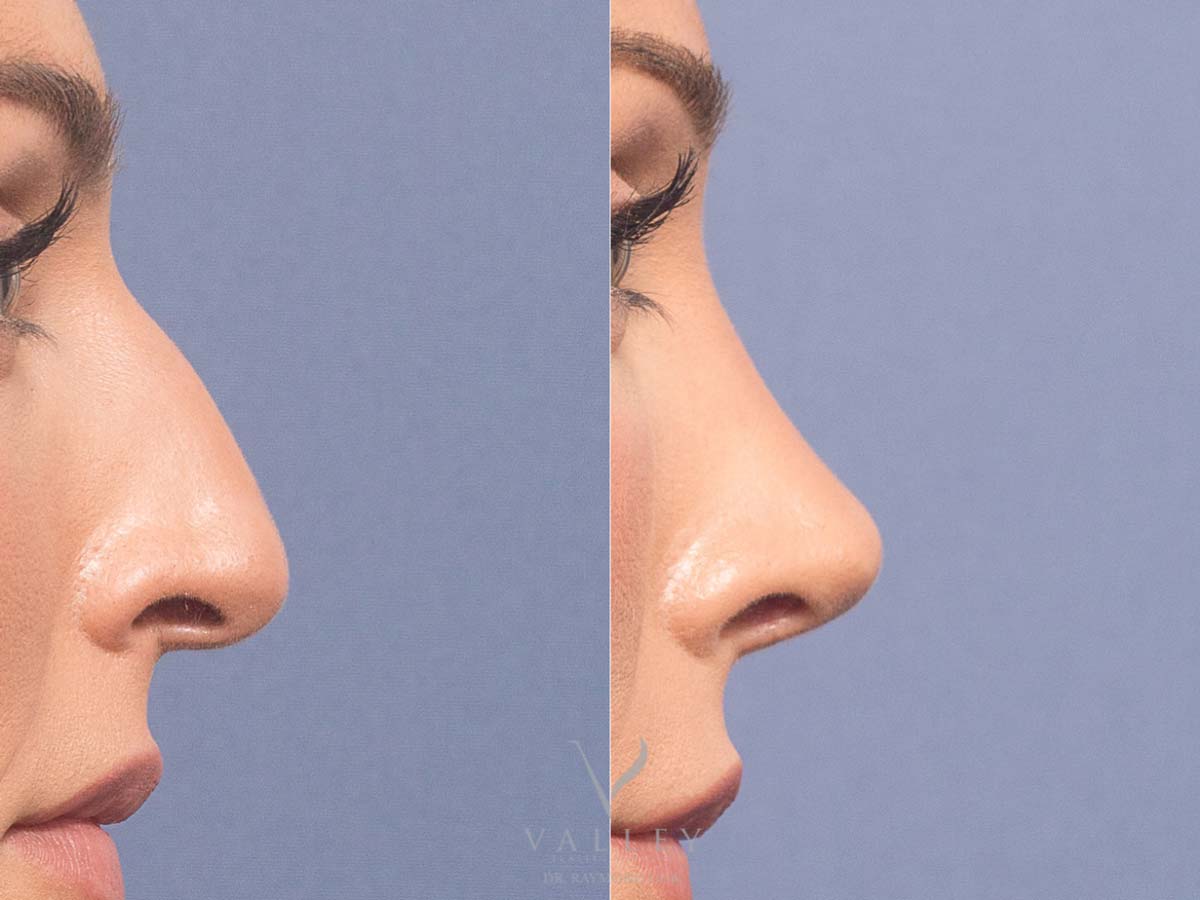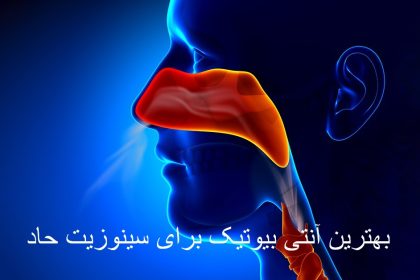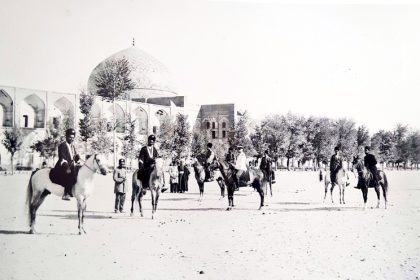Have you ever thought about the effect of rhinoplasty on your life? In addition to increasing self-confidence, this practice can also help improve your respiratory function. One of the important pre-operative questions is the duration of hospitalization and the necessary care afterwards.
Sutures applied to nasal incisions are usually absorbable and do not need to be removed. In case of open surgery, stitches are placed in the outer part of the nose and at the end of its blade. The doctor will determine the date of the next visit and it is necessary to observe the necessary care until then. In most cases, Nose surgery It is done on an outpatient basis, but if a person has problems such as sleep apnea, they may need to stay overnight. In the rest of this article, we will go into more details about the hospitalization period and important points after the operation.
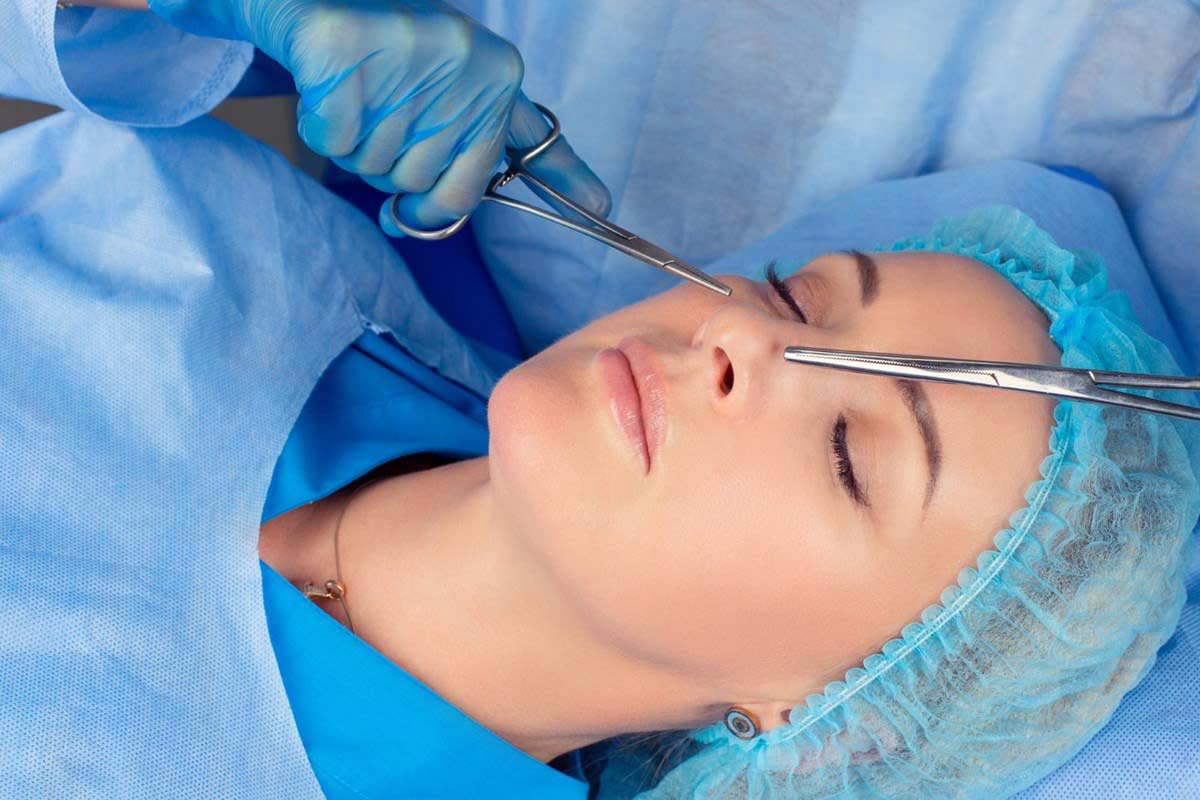

Hospitalization period after rhinoplasty
One of the positive features of nose surgery is that it usually does not require long-term hospitalization. Most of these surgeries are performed on an outpatient basis and patients can return home the same day. After the surgery, the patient is transferred to the recovery room so that the effect of anesthesia is completely removed from the body and his condition is evaluated. If everything is normal, usually after three to four hours, the patient can be discharged. However, in some special circumstances, the doctor may decide to stay longer.
Special conditions for longer hospitalization
Although most rhinoplasty is performed on an outpatient basis, in certain cases, the doctor may determine that the patient needs to stay overnight in the hospital. These conditions can include problems such as sleep apnea, heavy bleeding, fluctuations in blood pressure, or adverse reactions to anesthetics. Also, if the person has underlying diseases that increase the risk of complications, the doctor may consider it advisable to keep the patient under observation to avoid any possible risks.
Possible reasons for non-clearance on the same day of delivery:
- Severe side effects: If the patient experiences heavy bleeding or breathing problems after the procedure, the doctor will likely decide to keep him under observation for a longer period of time.
- Reaction to anesthesia: Some people may have adverse reactions to anesthetic drugs. In these cases, the medical team prefers to keep the patient in the hospital until he fully recovers from the effects of these drugs.
- Heart problems: People with a history of heart diseases should be under more care after the operation. The stress of surgery can complicate their heart conditions.
- History of certain diseases: Patients with conditions such as diabetes or high blood pressure may have a more complicated recovery process and doctors prefer to keep them under observation to ensure that no serious complications occur.
- Old age: Elderly people usually have a slower recovery and complications are more likely in this age group.
- Associated surgeries: If other procedures such as cartilage transplant are performed along with nose surgery, more care is needed and the patient may be under the care of doctors for a longer period of time.
Finally, deciding whether to discharge or stay longer depends on the specific circumstances of each person, and the doctor makes the best decision by carefully examining the patient’s condition.
Procedures before discharge after rhinoplasty
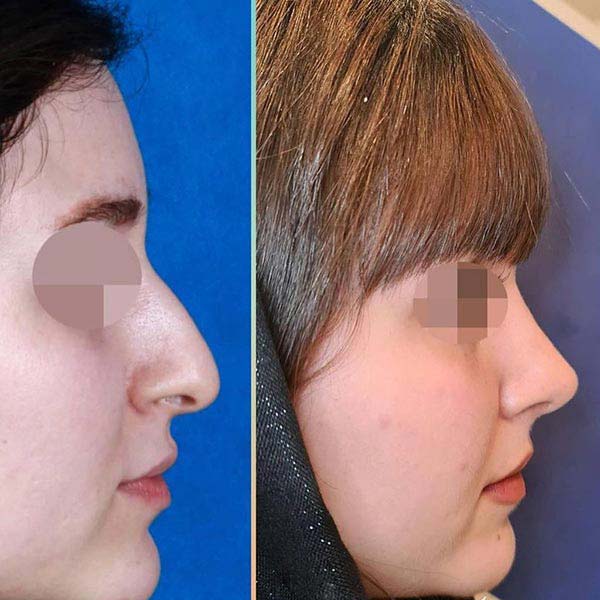

Before you are discharged from the clinic or treatment and beauty center where you were hospitalized, it is necessary to evaluate your condition from various aspects so that the nose surgeon can make sure that you are fine and that there are no problems.
- Bleeding control
After the procedure, you may have some bleeding from the nose, which is normal. The doctor usually suggests that you use a bandage under the nose after being discharged and for a few days after that. If you notice heavy or unusual bleeding, be sure to call your doctor.
- Prevention of weakness
You may feel weak due to anesthesia and reduced physical activity. To reduce this feeling, walk slowly and drink more fluids. This feeling will usually go away after a few days.
It is normal to feel discomfort in the nasal area after the operation. Your doctor may prescribe pain relievers, but avoid medications such as aspirin or ibuprofen, as these can increase the risk of bleeding.
- Use of nasal tape
After removing nasal plasterthe doctor puts a special glue on the nose that helps to reduce the swelling. How to use this glue correctly is very important and the doctor will teach you how to apply the glue correctly in the coming days. It is usually recommended to use it regularly for up to three months after surgery.
- Avoid strenuous activities
In the first days after surgery, avoid heavy activities, bending or lifting objects, because these activities can increase the blood pressure and worsen the swelling of the nose.
Key tips for recovery after rhinoplasty
Post-operative care is very important after discharge from the hospital. Observing the following tips can help you achieve the desired results with the least amount of problems.
1. Preventing plaster from getting wet: Never handle the plaster and prevent it from getting wet.
2. how to sleep: Keep the head above the level of the heart and follow this position even while sleeping. Also, avoid vigorous activities.
3. Diet: Eat soft and cool foods and avoid chewing too much.
4. Using glasses: Avoid wearing glasses (prescription or sunglasses) until the doctor gives permission.
5. face wash: Avoid washing your face and avoid touching or pressing your nose until the doctor gives permission.
6. Limit talking and laughing: Avoid talking too much and laughing loudly.
7. Dealing with sunlight: Avoid prolonged exposure to sunlight.
8. finning: Avoid excessive blowing and clean the nose gently if needed.
9. Worrying symptoms: Call your doctor immediately if you develop fever, severe pain, or unusual swelling.
10. Reduce inflation: Use a cold compress to reduce swelling.
These recommendations will help you spend your recovery period better and more easily.
See a doctor after surgery
After performing nose surgery, it is necessary for the patient to visit the doctor several times so that his recovery process is carefully checked. Maula’s first visit is done on the fourth day after the operation, and in this visit, the general condition of the nose and stitches are evaluated. Then, on the seventh day, the doctor will remove the stitches and nasal plaster. The doctor may schedule other appointments to ensure the patient’s full recovery.
Rhinoplasty with the shortest recovery period with Dr. Ali Qaroni
If you are thinking of doing nose surgery, it is very important to know the length of hospitalization after the operation and the necessary care after that. This information will help you to be more prepared for this surgery and experience a more comfortable recovery period. Remember that following the doctor’s recommendations and seeing him on time can prevent complications and speed up your recovery process. Of course, the choice of a good doctor and the quality of the surgery are also effective in shortening the hospitalization period and the recovery period after the operation. Dr. Ali Qaroni is the best Otolaryngologist Tehran has many years of successful experience in the field of rhinoplasty, which can bring you to your desired result of rhinoplasty in the best possible way. For more information and to benefit from specialized services, you can visit Dr. Qaroni’s website.
RCO NEWS
RCO




